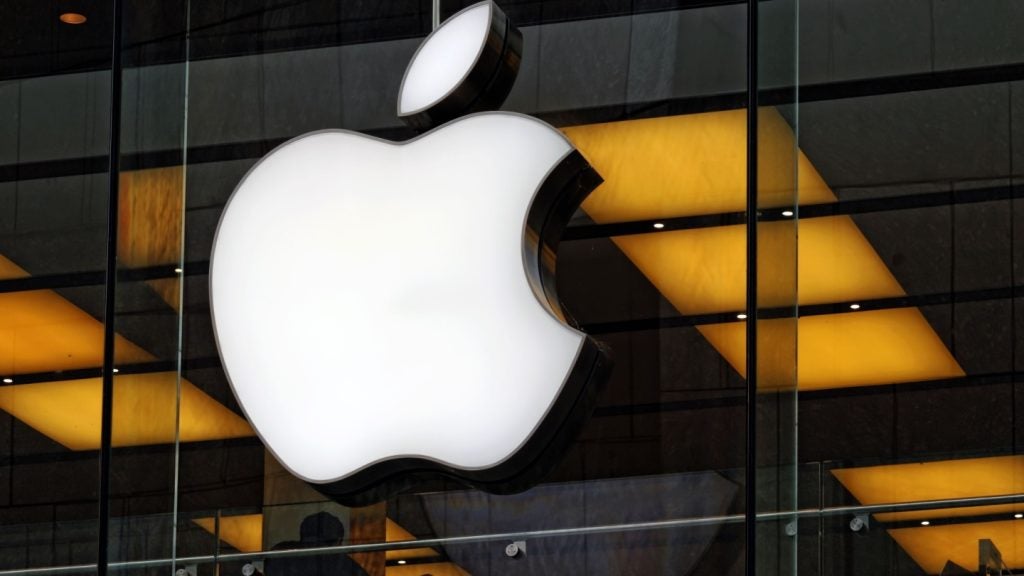
Deutsche Bahn’s CEO has sent a candid letter to senior management calling for change, but it seems that reducing investment to boost profits is folly.
Following on from the recent announcement of poor H1 results, German newspapers Der Spiegel and Süddeutsche Zeitung reported today, that Deutsche Bahn CEO Richard Lutz has sent a damning letter to senior management that outlines the company’s perilous situation and urges them to get the company back on track.
The company’s half year results made for poor reading. Compared to H12017, passenger numbers were down 1.5% to 2.32 billion, and while revenues increased 2.3% to €21.5bn, net profit plummeted 27.9% to €562m.
Profit warnings
Deutsche Bahn has already issued two profit warnings this year and announcing another would mean the German government will start to have serious misgivings about Lutz’s leadership. According to Der Spiegel, Lutz’s letter states that a poor June and July have put the already-adjusted €2.1bn annual profit target in serious jeopardy. He is under pressure to act and such a forthright letter is a very public show of action.
The company’s debts are approaching €20bn and the German government (100% shareholder in DB) is reportedly very reluctant to pump any more money into the company. Given that revenues were up in H1 but net profit fell, spiraling costs are the issue that needs to be tackled and the company’s management team has decided to significantly slow investment.
Cutting investment
According to Der Spiegel, Lutz’s letter states that a reduction in investment is needed to stem the tide of rising debts and to stave off another, unwelcome profit warning. One mooted idea to come out of a senior management meeting last week is to only allow orders above a certain (unspecified) amount under exceptional circumstances.
How well do you really know your competitors?
Access the most comprehensive Company Profiles on the market, powered by GlobalData. Save hours of research. Gain competitive edge.

Thank you!
Your download email will arrive shortly
Not ready to buy yet? Download a free sample
We are confident about the unique quality of our Company Profiles. However, we want you to make the most beneficial decision for your business, so we offer a free sample that you can download by submitting the below form
By GlobalDataFrom a business point of view this all makes sense. Reducing costs should help boost profits, particularly if Deutsche Bahn can continue to grow revenues, but the decision is also short-sighted and will lead to falling service standards; standards with which passengers are already dissatisfied.
Falling customer satisfaction a risk
For example, Deutsche Bahn is already grappling with punctuality problems; H12018 saw punctuality fall from 94.6% to 94% compared to H12017, and long distance punctuality slid dramatically from 81% to 77.4%. Users regularly complain of old rolling stock, poor local station facilities and of late trains.
To remedy these infuriating issues, investment is needed – investment that Deutsche Bahn is proposing to seriously limit in a bid to make its numbers look better. It may well work for DB in the short term, but it will lead to discontent among passengers and it will take many years of significant investment later to rebuild the relationship and goodwill that any company needs with its customers.
Deutsche Bahn is taking its customers for granted knowing that in many cases, buyer power is low as people are reliant on the service to get to work. These people have no choice but to tolerate whatever service is provided unless they opt for alternative modes of transport.
If Deutsche Bahn’s spending cuts do indeed lead to a fall in service quality, people may do just that.








Related Company Profiles
Deutsche Bahn AG